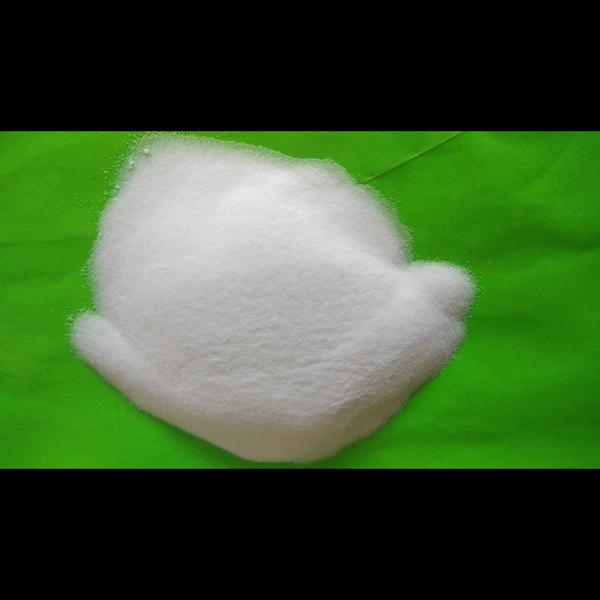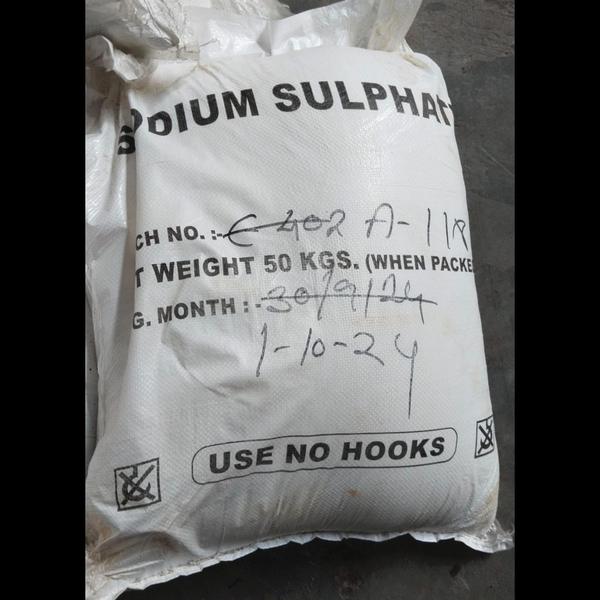A repo rate cut by the Reserve Bank of India (RBI)—which is when the central bank reduces the rate at which it lends money to commercial banks—has both direct and indirect effects on the chemical industry in India. Here’s a breakdown of its impact:
🔻 What Happens When Repo Rate is Cut?
Cheaper borrowing for banks → Lower interest rates for businesses and consumers.
Increased liquidity in the economy.
Stimulated demand across sectors, including manufacturing and construction.
💼 Effects on the Chemical Industry
1. Lower Financing Costs
Chemical manufacturers often rely on working capital loans for operations and imports of raw materials.
A repo rate cut reduces interest burden, improving profit margins, especially for SMEs.
2. Boost to Capital Investments
A lower rate encourages capex (capital expenditure) for plant modernization, capacity expansion, R& D, or green technology.
Large chemical companies can plan long-term projects more confidently.
3. Improved Demand from Downstream Industries
Chemicals serve as raw materials for textile, pharma, construction, agriculture, and FMCG industries.
If these sectors grow due to easy credit and consumer demand, the chemical sector sees higher offtake.
4. Favorable for Exporters
If rate cuts weaken the rupee, Indian chemical exporters become more competitive.
Combined with better financing, it boosts exports of bulk chemicals, specialty chemicals, and agrochemicals.
5. Stock Market Sentiment
Lower interest rates typically lead to stock market optimism.
Shares of listed chemical companies often rally after repo rate cuts, especially if the outlook for demand is strong.
📉 Possible Limitations / Risks
Short-term inflation pressure may push input costs higher (e.g., fuel, utilities).
If demand doesn’t pick up, excess capacity could become a burden.
Banks may not pass on full benefits of repo cut to borrowers.
📊 Real-World Implication (Example)
Let’s say:
RBI cuts repo rate by 50 basis points (0.5%)
A Vadodara-based company like Laxmi Enterprise sees cheaper working capital loans
Downstream sectors like fertilizer, detergent, or water treatment see increased production
This could boost demand for chemicals like ammonium sulphate, sodium nitrate, TSP (Tri Sodium Phosphate), etc.
Keywords
water treatment
fertilizer detergent
vadodarabased company
full benefits
burden banks
excess capacity
fuel utilities
boosts exports
competitive combined
easy credit
fmcg industries
smes 2 boost
raw materials
construction effects
india heres
indirect effects
commercial bankshas
lends money
india rbiwhich
boost demand
consumer demand
increased production
capital investments
chemical industry
reserve bank
repo rate
repo cut
repo rate cut
repo rate cuts
sectors grow due
demand doesnt pick
economy stimulated demand
rate cuts weaken
listed chemical companies
working capital loans
consumers increased liquidity
central bank reduces
cut cheaper borrowing
borrowers realworld implication
plan longterm projects



